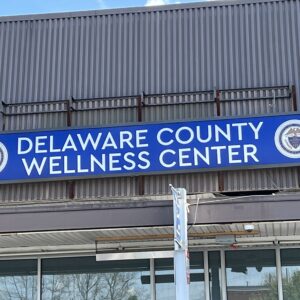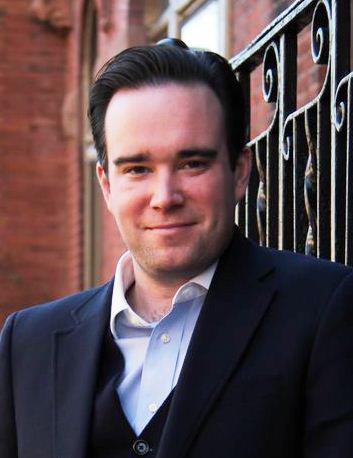This column first appeared in Broad + Liberty.
Credit for good works matters a lot in politics, as it naturally should.
The Delaware County Council understands this, which is why the county put out a year’s-end press release touting all of the achievements of the $20,000,000 health department the county formally created in April — a long-standing dream of Democrats and progressives in the county.
Yet, a closer look at some of the numbers the county released shows the county is claiming credit for activities that were likely already offered by the state, claiming credit for activities that were going to be undertaken anyway or, in one case, grossly exaggerating their efforts.
Take the county’s statistic that it “administered 172,000 Covid-19 vaccine doses as of the end of November.” You might think that’s the number of shots the health department gave in the clinic at the strip mall in Yeadon that the county overpaid for. But, after Broad + Liberty asked for a breakdown by location, we learned that the site only jabbed 1,149 people since the Delaware County Health Department was formally established around April 2022.
The full breakdown provided by a spokesperson with the Delaware County Health Department shows us a summary of the number of Covid vaccines actually “administered” by DCHD from April 2022 through December 22, 2022, by location:
- Chester: 92
- Yeadon: 1,149
- Yeadon (children <5): 74
- Homebound: 519
- Community events throughout the county: 530
After Broad + Liberty questioned the County, the number of administered vaccine shots dropped from 172,000 to 2,364. I understand wanting to put your best foot forward but exaggerating the count by 170,000 is a bit much.
“Prior to April 2022, the Delaware County Covid-19 Task Force administered vaccinations at Yeadon and a range of other locations throughout the county,” said a spokesperson for DCHD.
Nothing could illustrate better the county already had the ability to provide these services [emergency vaccination rollouts, etc.] without a health department than these statistics.
Such an example only underscores the long running debate on how to best provide basic health services in the county.
A 2010 study by Johns Hopkins University examined health services in the county, acknowledging that many who commissioned the study were interested in the specific question of whether the county should create a stand-alone health department. One of the general findings was that the county could do better by simply creating more organization around services already provided for by the state.
“Public health in Delaware County does not function as a system; there is no known designated public health leader, or centralized structure for public health information,” the report said.
The county’s release has other examples of services that were already available or were already going to be undertaken, including mentions of free pregnancy testing. Other counties (Berks, for example) provide these services with state grants but also without standalone county health departments.
The county’s press release brags about restaurant inspections. Municipalities were already handling this task. In fact several communities in the county sued and are continuing to do the inspections locally.
Another of the justifications for opening the $20,000,000 taxpayer-funded health department was that the public would be better protected from the ravages of the Covid epidemic. According to a recent article in the Sunday, February 5th edition of the Delco Daily Times, the county has an infection rate 15 percent higher than the statewide rate. Only seven counties have a health department and over fifty don’t. You might ask: what am I getting for my money?
With all of this as background, it becomes more and more clear that Delaware County Democrats fell prey to the “do something” bias, also known as the “action bias.”
This bias “describes our innate tendency to respond to situations by taking some kind of action, even when we have no evidence that it will lead to a better outcome and might even make things worse,” according to an article in SciTechDaily.
Summarizing the seminal study on the bias by environmental scientists Anthony Patt and economist Richard Zeckhauser, SciTechDaily noted, “decision-makers have a bias for taking action even if it makes the situation slightly worse, and that this bias is even stronger if the decision-maker is acting as an agent for other people.”
Despite having other viable options, Delaware County Democrats made the decision to create another costly bureaucratic institution; the functions of which are nearly identical to state and municipal health services which already exist.
DCHD’s time, money, and resources would be better spent creating the superior public health outcomes it promises, rather than misattributing statistics to justify its existence.


